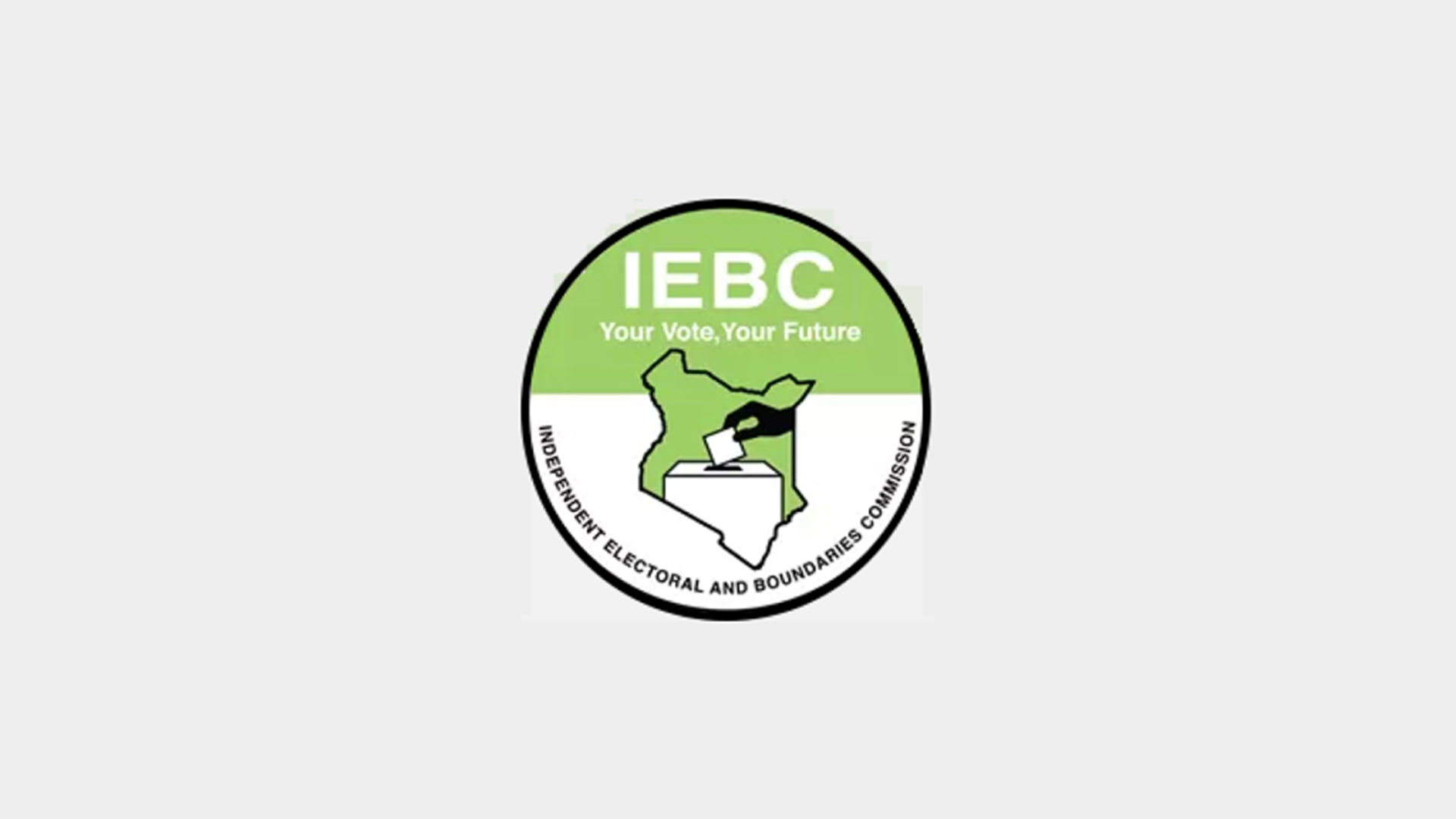High Court Greenlights Vetting of IEBC Nominees but Halts Gazettement and Swearing-In
In a significant development in Kenya’s electoral landscape, the High Court has lifted its earlier suspension of the vetting process for President William Ruto’s nominees to the Independent Electoral and Boundaries Commission (IEBC), allowing the National Assembly to proceed with the vetting exercise. However, the court has barred the gazettement and swearing-in of the nominees until a legal challenge questioning the constitutionality of their selection is fully determined. The ruling, delivered on May 29, 2025, by Justice Lawrence Mugambi, underscores the delicate balance between advancing the reconstitution of the IEBC and ensuring adherence to constitutional principles.
The decision follows a petition filed by two Kenyan voters, Kelvin Roy Omondi and Boniface Mwangi, who sought to halt the vetting and approval of the seven IEBC nominees, citing procedural irregularities and violations of constitutional requirements. The nominees, announced by President Ruto on May 8, 2025, include Erastus Edung Ethekon as the proposed chairperson, alongside Anne Njeri Nderitu, Moses Alutalala Mukhwana, Mary Karen Sorobit, Hassan Noor Hassan, Francis Odhiambo Aduol, and Fahima Arafat Abdallah as commissioners. The petitioners, represented by Senior Counsel Paul Muite and lawyer Ochieng Odinga, argued that the selection process lacked transparency, failed to ensure public participation, and breached provisions guaranteeing merit-based appointments, regional balance, and inclusion of persons with disabilities.
The petitioners raised specific concerns about the eligibility of certain nominees. They alleged that Anne Nderitu’s status as a state officer disqualifies her, while Mary Karen Sorobit’s recent senior role in the Jubilee Party and Hassan Noor Hassan’s prior political candidacy raise questions about their impartiality. Additionally, they claimed that Hassan Noor Hassan’s inclusion was irregular, as his name was not part of the initial shortlist or publicized list of applicants, suggesting it was “sneaked in” without transparency. The petitioners also argued that the nominations failed to reflect Kenya’s ethnic and regional diversity, with two nominees—Ethekon and Sorobit—hailing from the Rift Valley, while the Lower and Upper Eastern regions were excluded.
Initially, on May 19, 2025, Justice Mugambi issued conservatory orders halting the vetting process, citing the need to address these allegations before the National Assembly’s Justice and Legal Affairs Committee (JLAC) could proceed. The suspension disrupted the committee’s plan to vet the nominees starting May 27 and submit a report by May 27, 2025, in line with the 28-day statutory timeline outlined in the Public Appointments (Parliamentary Approval) Act. The National Assembly, through Deputy Clerk Jeremiah Ndombi, urged the court to lift the orders, arguing that the public had already submitted memoranda on the nominees and that halting the process would undermine public participation and delay the urgent reconstitution of the IEBC.
In response, Justice Mugambi’s ruling on May 29 partially lifted the suspension, allowing the vetting to proceed but imposing a freeze on gazettement and swearing-in until the court delivers a substantive ruling on the petition. This decision aims to balance the urgency of reconstituting the IEBC—crucial for pending by-elections in Banisa, Ugunka, and Magarini, as well as the overdue boundary delimitation exercise—with the need to ensure the selection process adheres to constitutional standards.
The IEBC has been without a full complement of commissioners for over two years, a situation Chief Justice Martha Koome described as “unacceptable” during the swearing-in of the IEBC selection panel in January 2025. The commission’s reconstitution is seen as critical ahead of the 2027 General Election, with the boundary review, mandated by Article 89(2) of the Constitution, requiring completion at least 12 months prior. The ongoing legal and political disputes, including objections from the opposition over alleged executive interference, highlight the high stakes involved. Opposition leaders, including Wiper’s Kalonzo Musyoka, have accused the government of attempting to control the IEBC to influence the 2027 polls, even threatening to establish a parallel “People’s IEBC” to monitor the process.
The National Assembly’s JLAC, chaired by Tharaka MP George Murugara, had planned to expedite the vetting to meet the tight timelines, but the court’s intervention has introduced new complexities. Senate members have also protested their exclusion from the vetting process, arguing that the IEBC’s role in overseeing elections for senators and governors necessitates joint vetting by both Houses. Senators like Samson Cherargei and Okong’o Omogeni have called for amendments to the IEBC Act to address this, citing the marginalization of the Senate as a deliberate constitutional oversight.
As the vetting resumes, all eyes are on the JLAC’s proceedings and the court’s final ruling. The petitioners’ concerns about transparency, merit, and inclusivity will be central to determining whether the nominees can assume their roles. The outcome of this case could set a precedent for future appointments to constitutional commissions, reinforcing the judiciary’s role in safeguarding electoral integrity. For now, Kenya awaits a resolution that will shape the credibility of its electoral processes and the stability of its democracy.


